State is yet to answer for so many deaths

The government seems to be in overdrive to identify those involved in the violence centring the quota protests, which would have been welcome had it included in its assessment of "violence" the role of its own security forces, especially in the deaths of over 165 people (as verified by this paper) that occurred during those violent clashes. In this connection, more than 10,000 people have been arrested in 12 days, and at least 473 more detained in police raids till July 29, according to our reports. Many of the arrests and detentions, as highlighted by a recent editorial in this daily, have been taking place without following due process of the law.
Unfortunately, despite the gravity of the violence against students and the general population, the government's sole focus seems to be catching those who carried out vandalism of public properties, or clashed with security forces and members of ruling party affiliated groups—totally disregarding the role played by the latter in terms of instigation, escalation, and even the commission of killings. It is not for nothing that the students are now asking if the damage and destruction caused to public establishments, which we must condemn, are worth more to the current regime than the loss of citizens' lives.
By the home ministry's own count, at least 150 people have so far lost their lives in the recent violence over the quota reform protests. Would the ministry please provide an answer for how these people died? Was there really a shoot-on-sight order? If so, who ordered it, and why? And if not, why did law enforcers go out of their way to indiscriminately open fire on protesters? It is beyond comprehension that law enforcement would react the way they did when there are many options available to riot police to dissipate protests in non-lethal manners. Verified videos, media reports, and eye-witness accounts have provided chilling evidence of the cruelty of the state apparatuses, which didn't even spare a four-year-old standing on his balcony.
Despite repeated calls for accountability and justice—not least from the students themselves who have lost their comrades—we have not seen any real attempt by the government to address the mass killings, even as it observed a nationwide mourning in remembrance of those killed in the recent violence. The judicial probe commission that was formed has confirmed that it will only investigate the six deaths that took place on July 16 for now. Who will answer for the blood that has since been spilled? And when?
As the government goes all out to quell the protests—by using the full force of the state—they seem to be missing the point altogether. Public anger and calls for accountability cannot be supressed by mass arrests and crackdown on social media. By refusing to acknowledge the complicity of state apparatuses in the deaths, it is trivialising the sanctity of the lives of citizens and in the process further eroding its own credibility in the public eye. We can observe a national mourning day, but without unearthing what caused so many deaths, it will lack any moral authority.

 For all latest news, follow The Daily Star's Google News channel.
For all latest news, follow The Daily Star's Google News channel. 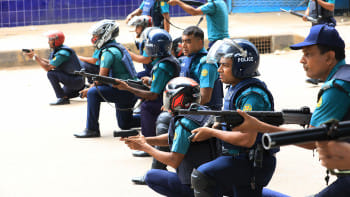
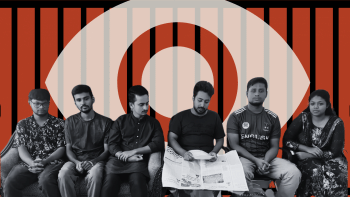



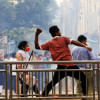
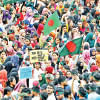
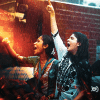



Comments